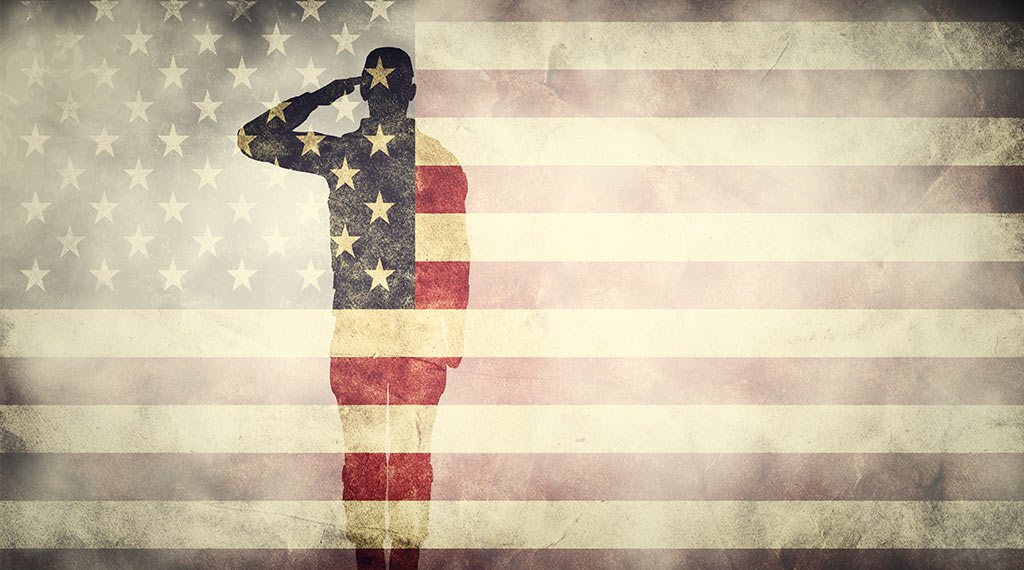
Last month, the U.S. Army celebrated the 50th anniversary of its all-volunteer force. In 1973, President Richard Nixon revealed that the military would no longer fill its ranks with draftees, but only with those who choose to serve. For half a century, this system has worked.
However, a recent House Armed Services Committee hearing revealed that all service branches are expected to miss their annual recruiting goal by thousands. These results do not bode well for the U.S. military’s ability to conduct large missions in future wars. In fact, the Army had to cut its active-duty end-strength this year by 10,000 troops because it missed its recruiting goal by 25%.
While the most recent figures are sobering, U.S. military recruitment has been on a downward trajectory for awhile. The last big year for recruitment occurred in the aftermath of the 9/11 attacks. The Department of Defense marked an 8% increase following Sept. 11, 2001, with roughly 181,500 Americans enlisting. Other than the beginning of the War on Terror, the military has not seen such a high surge in recruitments since the Second World War and the attack on Pearl Harbor.
Why Aren’t Eligible Americans Interested in Service?
Veterans, analysts, industry officials, and others have speculated on the decline in active duty recruitment. Some blame the competitive private-sector job market. Others blame a lack of knowledge about the U.S. armed forces, while many on the political right have pointed their fingers at the impacts of so-called wokeness. Similarly, many on the political left have raised concerns about far-right extremism among service members.
Earlier this year, the chairman of the House Armed Services Committee’s military personnel panel, Rep. Jim Banks, penned a letter to Army leaders, expressing that the over-politicization of the force has resulted in declining trust in the military. “Wokeness at the Defense Department has harmed recruitment, retention and morale, wasted service members’ time and taxpayer’s dollars, and undermined the apolitical character of the military which is a major threat to democracy and the American way of life,” he said in a statement. Banks also promised that upcoming hearings will be devoted to “rooting out wokeness” in the military ranks.
COVID-19 has certainly played a role in the military’s low recruitment numbers. Many schools were closed down for months, and online learning has caused test scores to dramatically decline throughout the country.
Remote instruction and low test scores at least in part contributed to the 9% decline in scores on the military’s standardized ASVAB test. Along with the drop in test scores, the pandemic saw a surge in obesity rates, another limiting factor preventing military eligibility. Additionally, many young adults have struggled with anxiety, depression, and other mental health conditions due to the pandemic and its impacts.
Perhaps the most important figure is this one, detailed by War on the Rocks: “Eighty percent of the young people who join the military today have a family member in the military — and 25–30 percent have a parent in the military.” Although millions of Americans are eligible to join the forces, the same circles of Americans are actually exposed to the military.
Ultimately, there are likely dozens of reasons why Americans are joining the military less. Without a complete review and actionable changes, volunteer numbers will continue to decrease.
- America’s Supercarriers Are Back in Force in the Pacific - December 30, 2025
- Israel’s $2 Iron Beam Laser Could Disrupt Missile Warfare - December 23, 2025
- US Stands Up New Drone Strike Force in the Middle East - December 9, 2025
